Meet our Program Facilitator: Joey Porchetta
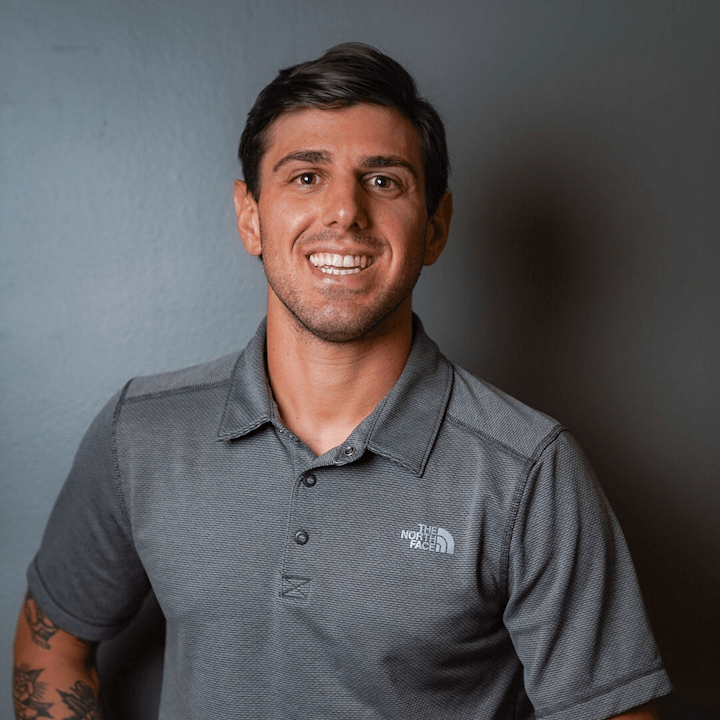
The laughs, the camaraderie, the shared struggle – these keep me coming back each day. Working with young adult men has me laughing nonstop every single day. It’s an interesting juxtaposition – alcoholism and addiction is such a serious deal, but we find levity and fun to get through it together.
Meet our Chief of Staff: Michael O’Sullivan
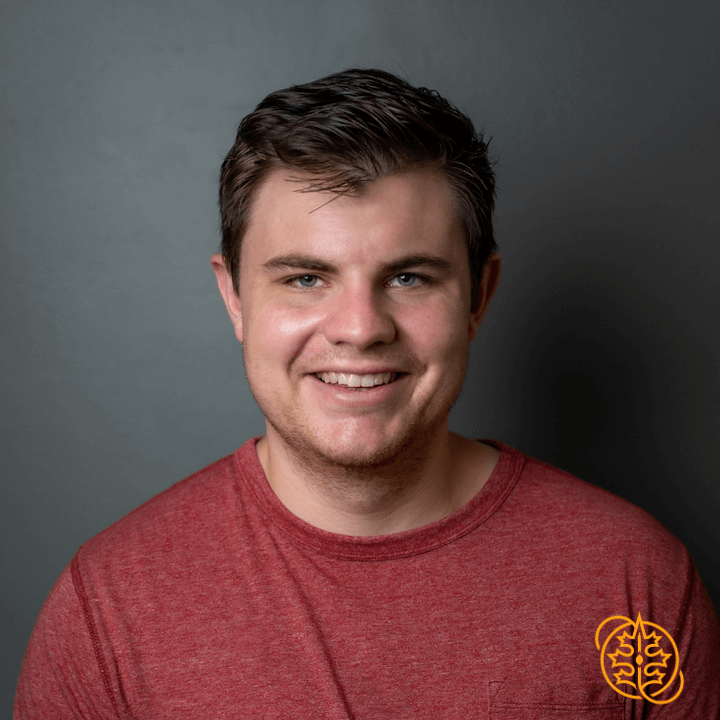
As corny as it sounds, it’s our clients that keep me coming back day after day. Seeing the transformation in our clients is the most rewarding experience I’ve ever been a part of. Knowing that we are helping bright young men reach their potential is an incredible gift.
Meet our Clinical Outreach Director: Marcus Shumate
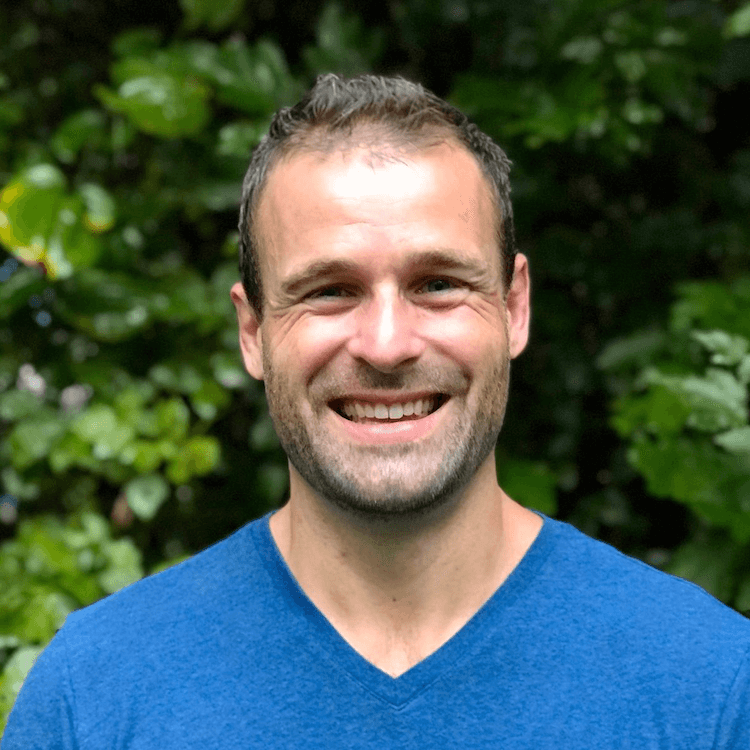
I view my role as being able to distill complicated ideas into readily graspable concepts and narratives that can help others figure out if our program is a good fit for them or their clients. I also view it as my job to make sure we have healthy relationships with various resources and that I can translate what they do and what we do for different people.
Meet our Admissions & Outreach Coordinator: Megan King
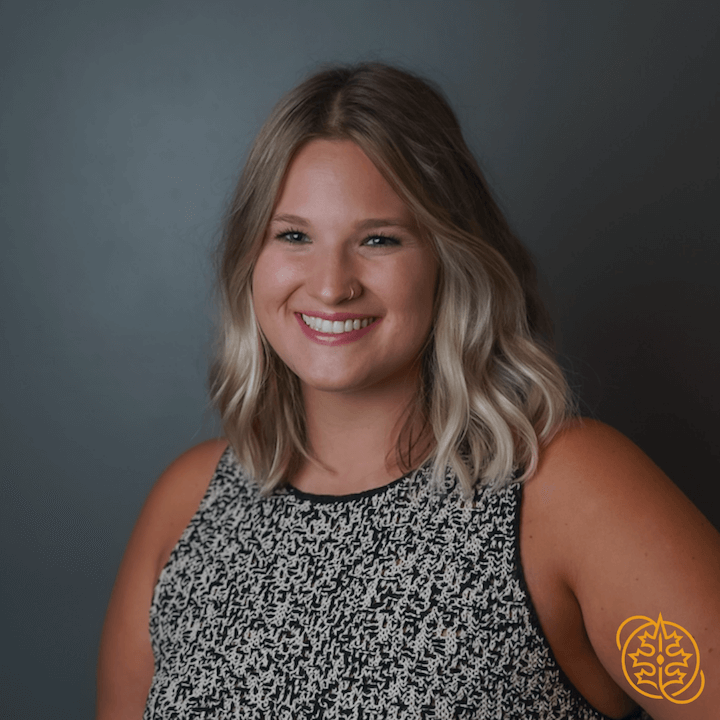
I’m often the first person potential clients will talk to at Green Hill. As part of my job I handle all incoming calls and inquiries, and then work with the rest of the Admissions team to help guide potential clients in the admissions process. I spend a lot of time talking with parents about Green Hill and doing the behind the scenes paperwork that helps guys get started in our program.
Meet Our Clinical Director: Matt O’Connor

One thing that makes Green Hill stand out is our holistic approach to the recovery process. We approach the recovery process not only as an internal process but also help our guys build a life that continues to reinforce their commitment to recovery. We help our guys understand that recovery is not just about sacrifice, but being able to fully engage with the world.
Meet Our Executive Director: Nick Slovak
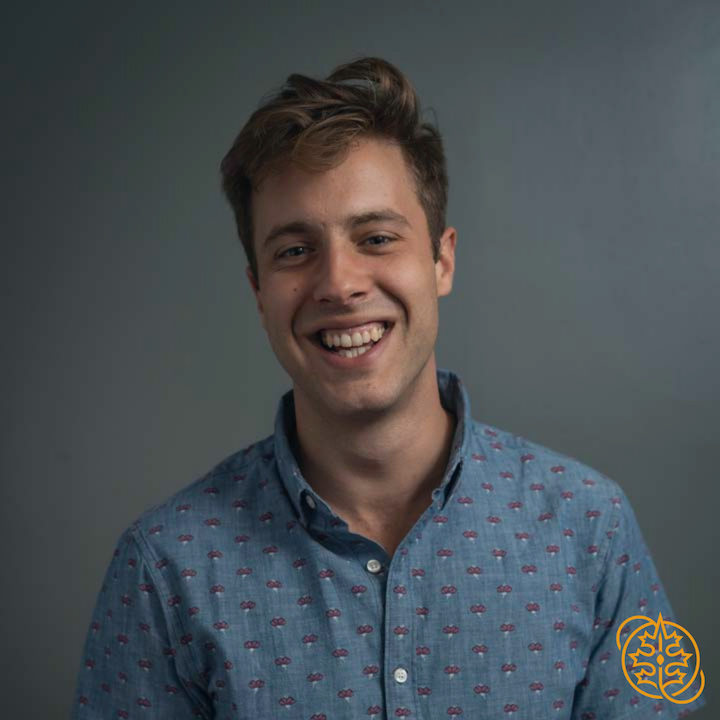
I found myself really aligned with Tripp’s vision for Green Hill, specifically the academically-oriented way the program was designed. I can identify with our client population, as I personally struggled to get back on my feet scholastically after my time in treatment. I firmly believe I would have benefitted from the Green Hill Model of treatment, had it been available to me.
Meet Our Primary Therapist: Casey Miller
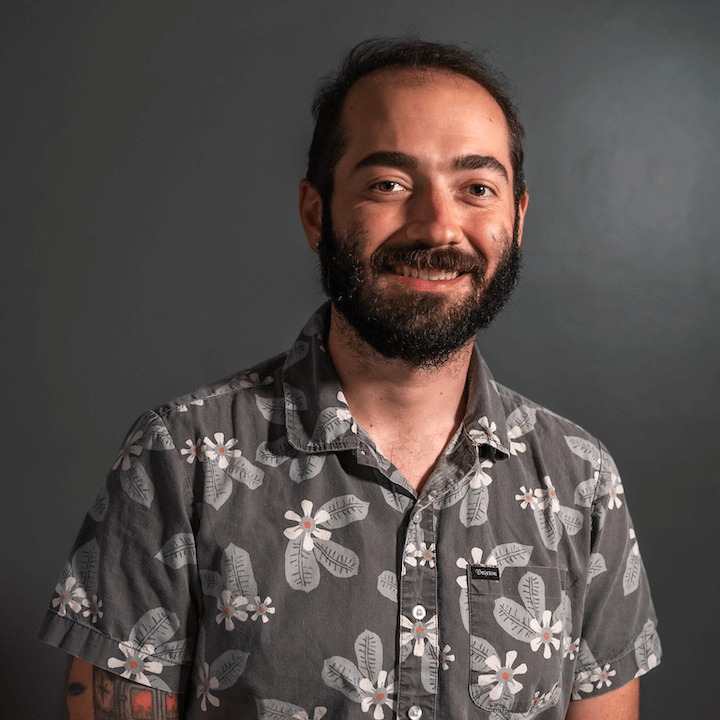
My favorite moments at Green Hill are from group therapy sessions. This is where the work that clients are doing truly shines. It’s amazing to see our guys support each other and show up as their true selves. There is truly no better feeling than watching someone get in touch with themself and start the process of growth.
Meet Our Program Coordinator: Jay Bylund
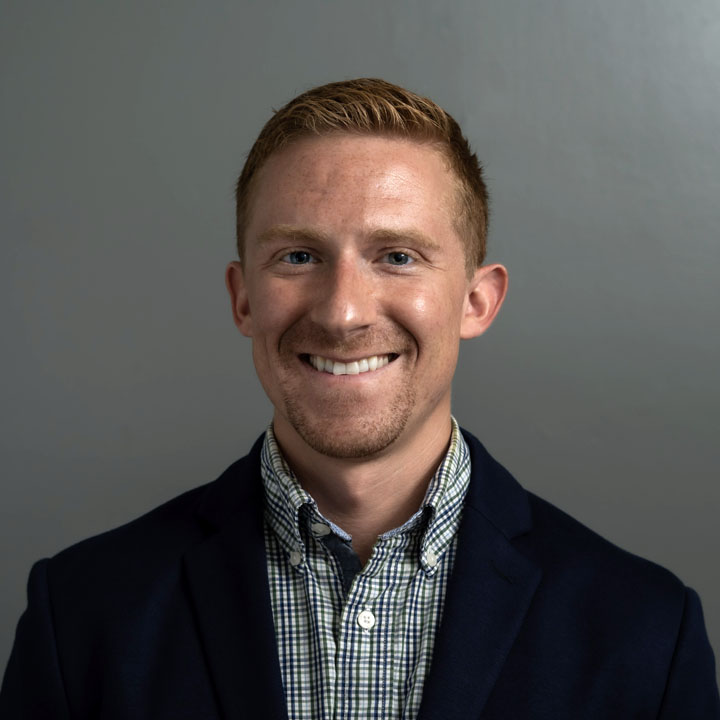
I believe Green Hill stands out for one reason: we genuinely take a vested interest in each one of our clients, as opposed to treating them as just another dollar sign. Our tight-knit staff and team culture helps us support our residents to be their best.
Meet Our Primary Therapist: Emily Trapp
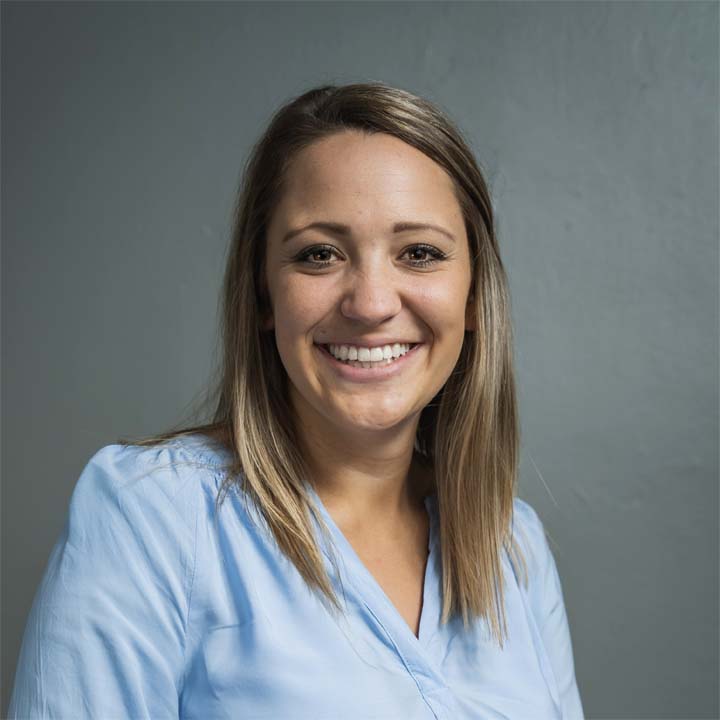
As far as female role models, I have always admired professional surfer Bethany Hamilton for her worth ethic, passion, drive, ambition and courageous demeanor. She is a person who has not let her circumstances compromise her ability to work toward her dreams.
Meet Our Outpatient Director: Brandon Robinson

When I entered the clinical service field, I felt it would be a natural fit for me to work with youth since I wasn’t far removed from being one, and it was ridiculously easy for me to empathize with their stories and chaotic lifestyles.





